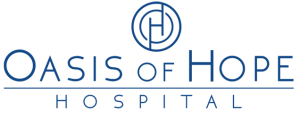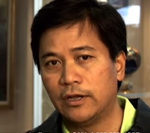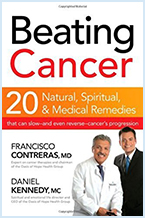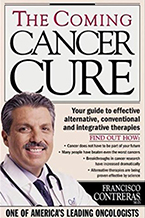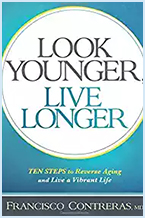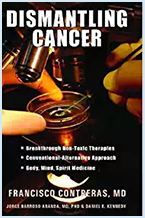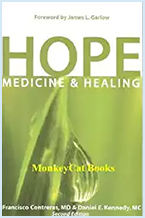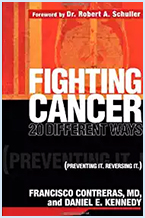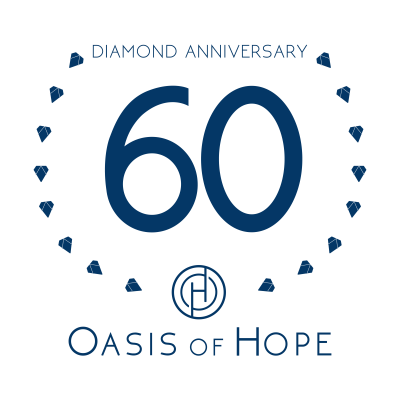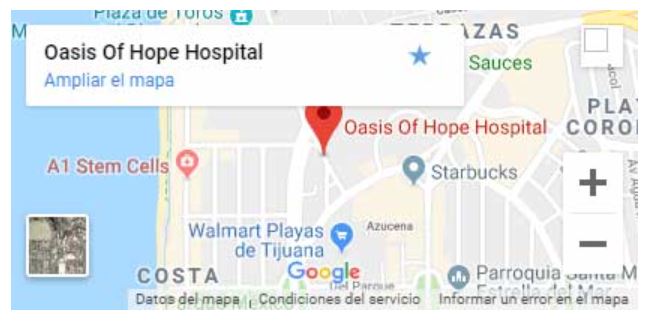Oasis of Hope’s
Denditric Cancer Vaccine
The Place for Alternative Cancer Treatment
At Oasis of Hope we’ve been working for many years with many biological response modifiers. The antigens used can occur naturally in the body and be stimulated or can be produced in the lab.
The aim of immunostimulating therapies is to alter interaction between the body’s immune defenses and cancer cells, to cause a shock to the system to boost, direct, or restore the body’s ability to fight and kill cancer.
One is allogeneic lymphocyte therapy, wherein killer T cells are harvested from a young, healthy, unrelated donor and infused intravenously to a patient, this is one of the most effective treatment at Oasis of Hope.
This vaccine-type therapy increases the patient’s own production of T and dendritic cells to specifically fight his own cancer. We’re likewise investigating interleukin-2 in dosages that don’t provoke terrible side effects.
Also, we’re in the research stages of administrating a macrophage activating factor (MAF) through a functional change in the Gc protein (Vitamin D-binding protein), thus called GcMAF—a lymphokine that prepares macrophages to become cytotoxic to tumors. Macrophages are phagocytes that, when activated, will more effectively kill cancer cells.
A vaccine that can wipe cancer from the earth is not yet in sight, but doors are opening to new horizons in the quest for therapeutic vaccines, and we’re positioned to take advantage of the breakthroughs.
